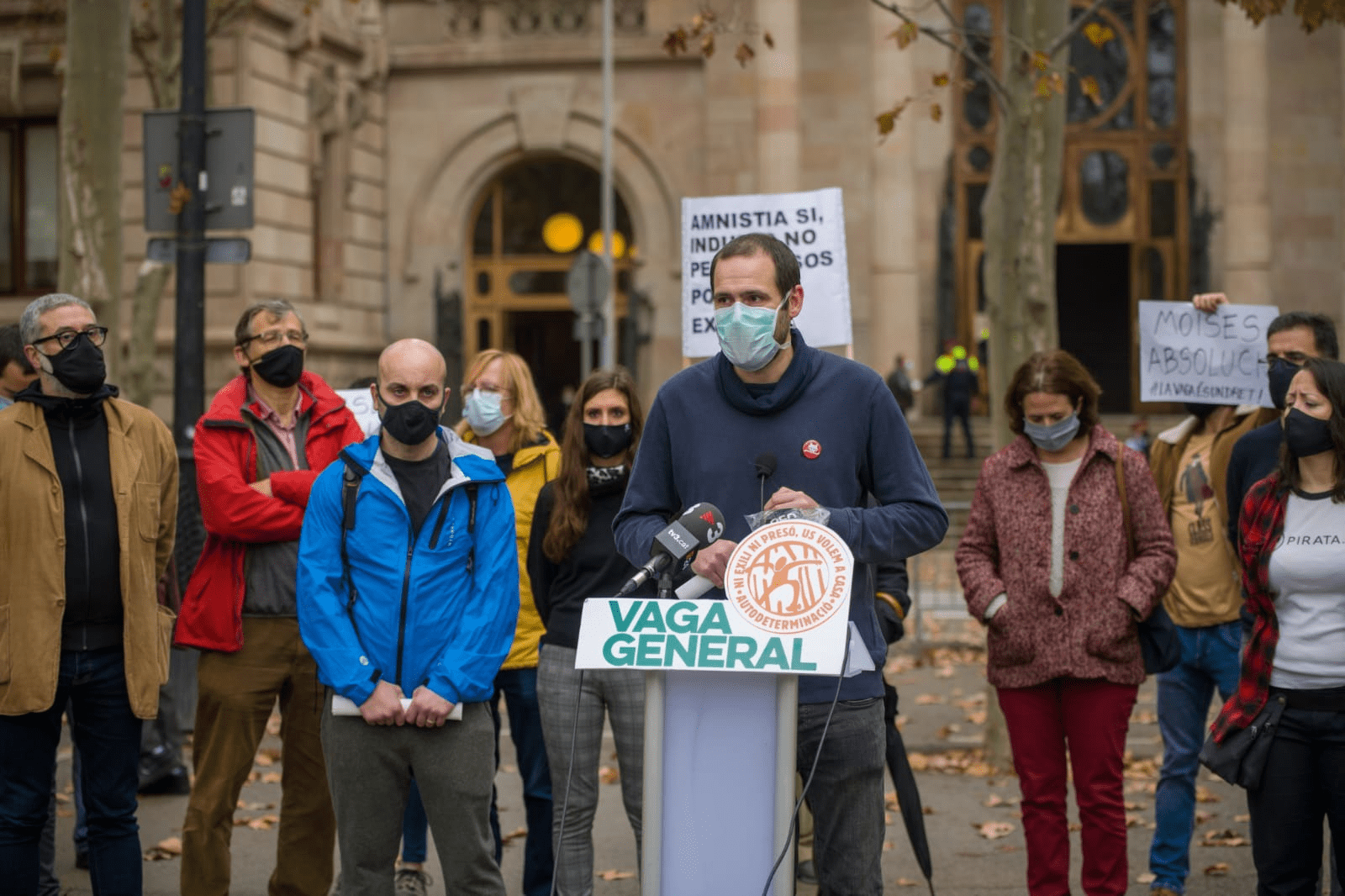Now more than ever is publicly debated the government and private companies’ position regarding our data, its privacy, and what they are used for. From Pirates de Catalunya not only are we against the violation of our rights that the government wants to carry out taking advantage of the Covid-19 crisis, but we are also against its versions wrongfully called “voluntary data cession,” and which are similar to those often carried out by a large part of the population in favor of private companies (Google, Facebook, etc.), because it’s questionable whether this is a consented cession or not. Usually, it isn’t.
1) First, it has to be taken into account that it is not possible to consent to something of which you don’t understand the consequences. The same way that it is not deemed that minors can agree to specific issues that violate their rights because it is evident that they still don’t have enough maturity and information to have well-founded judgment and to make fully conscious decisions. Citizens have a significant knowledge gap on the consequences that all this (“consented”) invasion on their privacy rights involves. Never anybody has informed us about personal privacy topics, and which effects have the violation of this fundamental right, partly because it’s not convenient that citizens understand it. And if the decision is not informed, it is not free.
2) If there is any coercion, we cannot claim that the permission has been granted. In the vast majority of real cases, there are multiple coercions, such as economical, social, psychological, but the most common by companies or governments is unambiguous: they only provide specific services in exchange for your data (and if you refuse you can’t access them). This has direct implications with social inequality and privacy rights. People with more resources tend to have more rights (in this case, more privacy) because they can pay the services that other people can’t.
3) If you don’t know alternatives, you also don’t have freedom of choice. We live in a society where we need a series of tools for personal development and to be integrated into society. If you don’t know alternatives to those tools that you need to use, you’re not acting freely. Neither does anyone educate us on this topic (nor inform us of the alternatives that exist which are respectful to our rights). We should recognize as a society that right now, in our present world, there are a series of digital tools that are basic needs and, therefore, their access should be protected and granted by the State so that citizens are not forced to give up their rights to have access to them.
4) Even when there are alternatives to the services you need, you may be forced, due to the monopolistic practices of specific organizations (whether Whatsapp or the Government of Catalonia), to use abusive services where you “consent” to relinquish your data. Right now, if all your family is in Whatsapp and does not concede to change the service, either you accept to provide your data, or you become socially excluded. And in the case of the government, they may be forcing you to use specific software for arbitrary reasons. As a citizen, you haven’t any alternative but to use it. Right now, we don’t want to get into the solutions we can work on to tackle these problems (which are plenty), we only want to manifest the fallacy of the “voluntary” nature of the data cession.
If we take a general overview of all different cases, we realize that this “consented” cession can hardly be considered as such. The majority of people don’t give up their data “voluntarily and fully informed” but due to lack of knowledge of the consequences or because they are not aware or don’t see and alternative to giving them up, or because they feel pressured or forced to do so. In fact, in most cases, if the option of giving them up or not giving them up under the same conditions existed, it is clear that almost anybody would give them up.
From Pirates de Catalunya, we demand that the pandemic is not used as an excuse to gather sensitive data, neither involuntarily nor voluntarily massively. It’s a bad practice in general that anyone builds massive databases with confidential information of the citizens. It is uncertain what these databases can end up being used for once they exist, nor can their safeguard be guaranteed in perpetuity (such as against abusive governments, corrupt practices, negligence, criminality, etc.). And this window of opportunity opens when their gathering is allowed to take place.
Moreover, once you have a massive “voluntary” control of most of the citizens, it is much easier to control those who didn’t volunteer because they readily stand out. So these practices erode everyone’s privacy right, also from all those who didn’t voluntarily accept to give up their privacy, because they lose mass anonymity.
From Pirates, we know that if instead of talking about the privacy right, we were talking about another right in which we had received more education, as citizens we would see much clearer the threat of these proposals that are now made so lightly. For example, if we were talking about freedom of speech, how many of you would agree with a large part of the citizens “voluntarily” giving up this right massively? For instance, with the argument, “I don’t need freedom of speech because I have nothing to say.” Would you find it acceptable that the government asked for massive permission from the citizens to censor them and that a large part of the population agreed to lose this right? Wouldn’t you deem this as highly dangerous and give you the creeps?
Furthermore, we must also be cautious with the data “anonymization” fallacy. This is a term used very lightly every time this topic comes up to guarantee public acceptance, but that is most cases untrue. Anonymizing data is not an easy task; it is incredibly complex. Therefore, most of these “anonymizations” that are claimed to be carried out are usually very superficial and, hence, useless (with the technology available to us today is child’s play to deanonymize them). Unfortunately, this is a situation where the technical details acquire great importance and how this anonymization is carried out is vital to determine whether it is trustable. They take advantage of people’s unfamiliarity with this technology to create a false impression of trustworthiness, so that only mentioning this term. There isn’t any more questioning raised.
It is argued that it is necessary to “sacrifice” and “temporarily” give up our privacy right to overcome the pandemic, but it isn’t true. There are many ways to tackle this crisis, as the heterogeneity across different countries has evidenced. And, unfortunately, after this excuse to violate our privacy, there will be another and then another. There are plenty of measures that don’t break the privacy right that could be undertaken and which haven’t been adopted yet.
In summary, we Pirates advocate that the measures to leave the confinement (whenever the time comes) shouldn’t be based on individual identification and personalized controls of the population, regardless of how “voluntary” these are. It is dangerous in itself, and also as a precedent to invoke afterward. It is not healthy for a society that citizens are encouraged to renounce their rights. And, most of all, it shouldn’t be supported or asked from the authority figure that a government represents. What “freedom of choice” do the citizens have if the government (which is supposed to know what they are doing) tells you that to be a “good citizen,” you need to give up your data?
Pirates de Catalunya




